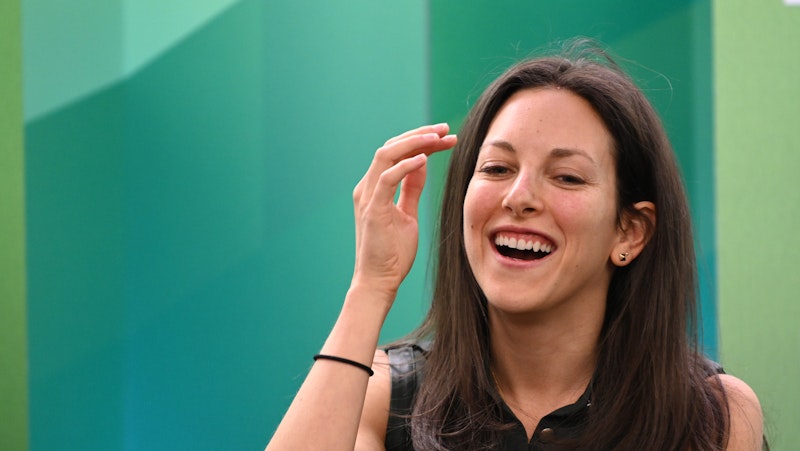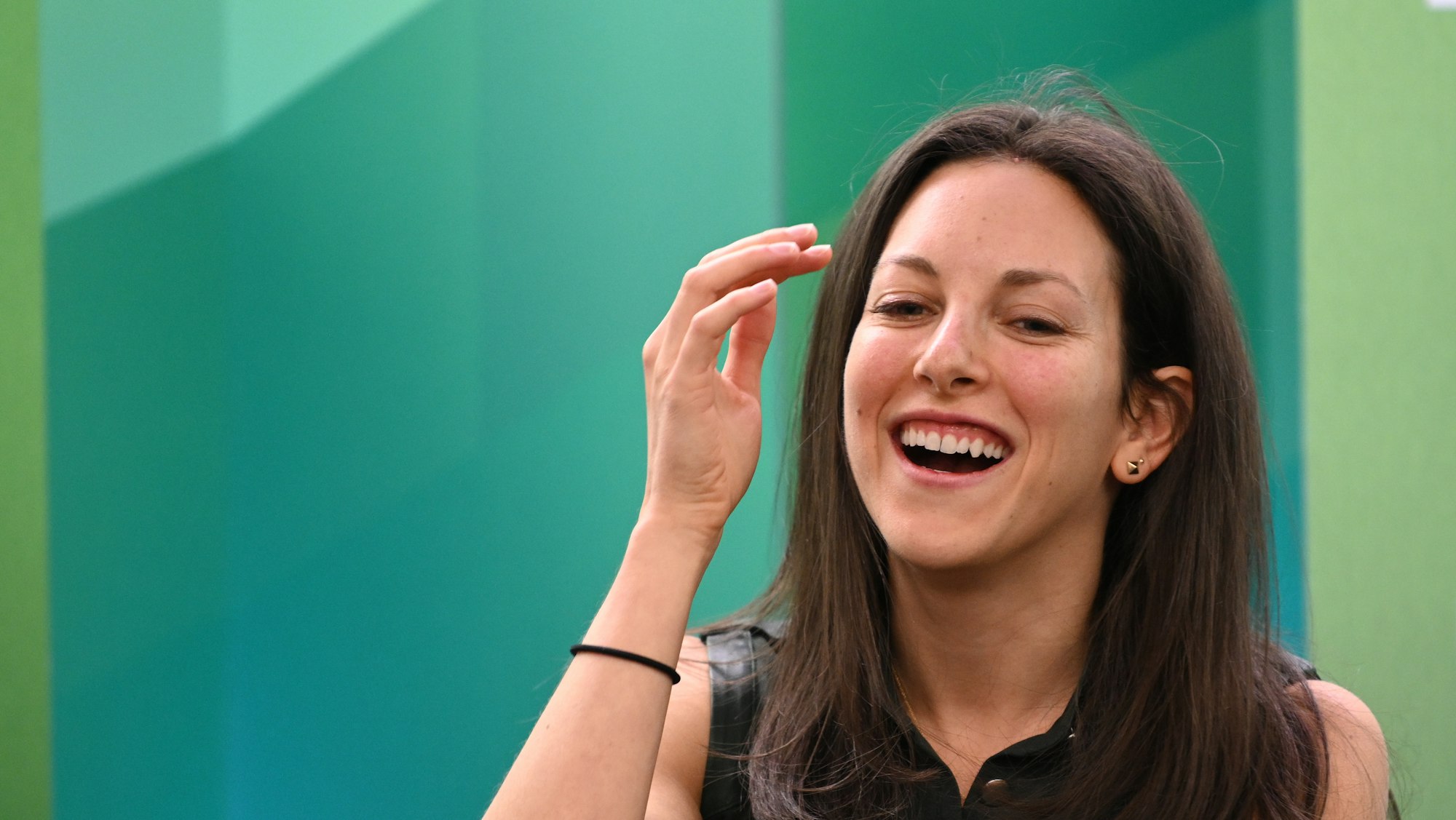
The Power of Poop: Fecal Transplants

It’s exactly what it sounds like.
Full Session

Featured Highlights
Setup
If the idea of fecal transplants seems momentarily disquieting, consider that they achieve a 90 percent cure rate for the devastating intestinal infection known as C. diff when antibiotics fail to clear it. Fecal transplants are also being studied as treatment for colitis, Crohn’s disease, and other inflammatory gastrointestinal disorders, and research into their value for urinary tract infections and even Parkinson’s disease is underway. By transferring stool in sterile conditions from a donor to the intestines of someone who is ailing, fecal transplants are designed to introduce a healthy mix of gut bacteria into the body and restore bacterial balance. What’s that good for?
Speakers
- 2019 Health
Explore More
Society


Being a parent today is full of stress, pressure and information overload. Experts offering advice are everywhere, and for some parents, the wealth of available resources can...


The quest for work-life balance is never ending for many of us. The advice in this talk from the 2023 Aspen Ideas Festival still holds a lot of relevance, so we’re bringing it...


Living as a trans person in America comes with its share of challenges, which are sometimes even life-threatening. But some say it can also open up access to incredible freedo...

Global conflicts and health crises have put into stark relief deeply-ingrained gender roles in society. Yet the past years have also seen record-high numbers of women running...

The people in our lives shape who we are. But great relationships don’t just happen — they take care, intention, and ongoing effort. How do you know when to let go, adjust exp...


Advances in medicine and healthy living mean that more and more people will live to be 100. But just because their bodies can last doesn’t mean their bank accounts will keep u...


In the early days of cable television, there wasn’t a single network aimed at Black audiences. Sheila Johnson and her husband at the time saw an opening, and put all their hop...


Owning a professional sports team is not for the faint of heart. Results are volatile and wins and losses come with the strong emotions of a city’s fan base. But it’s a sound...


Looking around and experiencing the suffering and injustice in the world can make it difficult to believe that happiness exists. But the Judeo-Christian tradition teaches that...


This episode is from the 2022 Aspen Ideas Festival, but we’re bringing it back because it’s still as relevant as ever. Though it can sometimes feel like conflict and discord i...


Sir Ken Robinson believed that as a society, we tragically underestimate and underutilize human ability. We create linear systems for our minds modeled on industry and manufac...


Young people in America are struggling. The causes are varied and may not be entirely clear, but the results are unfortunately unmistakable. Many of our youth feel lonely, iso...

New York Times columnist and bestselling author David Brooks is known for bringing his thoughtful reflections on politics and culture, but at this year’s Aspen Ideas Festival,...

Jump in by watching our 15 most popular talks of all time. From black holes to jazz and civil rights to psychology hacks, we've collected the talks that remain audience favori...

Finding the national and global headlines understandably bleak lately? Whether you need mental distraction or stimulation, engross yourself in compelling topics and get a gli...

Today's kids are coming of age against a backdrop of political, social, technological and economic upheaval. While these circumstances are shaping a precocious generation that...


Hope seems like a simple concept, but the feeling can be difficult to hold onto. And when times are difficult and chaos swirls around us, it’s more important than ever. How do...

Advocates, healthcare providers, legislators, researchers, and venture capitalists are bringing the unique health needs of women to light – from vigorous policy debates on iss...

Ethical dilemmas, stakeholder pressure, building trust — leading organizations requires wisdom and stamina from the top. Who wouldn’t want some advice?

What makes us happy — really? How can we raise resilient and empathetic children? What does it mean to be truly connected in our increasingly digital world? Can we re-instill...













